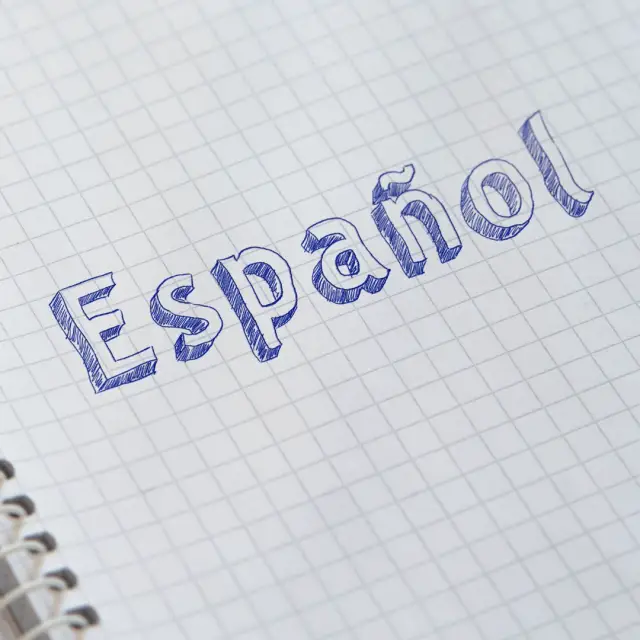April 23 is a date of great importance for the Spanish-speaking world. This day is celebrated as Spanish Language Day , an occasion dedicated to honoring and reflecting on the importance of a language that unites more than 500 million people around the world. The origin of this celebration, the activities that take place and the impact of the Spanish language on global culture are fundamental aspects that deserve to be explored.
Origins of the Celebration
Spanish Language Day is celebrated on April 23 in honor of Miguel de Cervantes Saavedra, author of the masterpiece of universal literature, El ingenioso hidalgo don Quijote de la Mancha . Cervantes died on April 22, 1616, but was buried on the 23rd, a coincidence that also links this date with the international day of the book, proclaimed by UNESCO. The celebration not only pays tribute to Cervantes, but also highlights the richness and diversity of the Spanish language.
Importance of the Spanish Language
Spanish is the second most spoken language in the world by number of native speakers, surpassed only by Mandarin. It is also the third most used language on the Internet and one of the six official languages of the United Nations. Its global impact lies not only in the number of people who speak it, but also in its cultural, literary, and economic influence.
Spanish literature has produced world-renowned authors such as Gabriel García Márquez, Isabel Allende, Jorge Luis Borges, and Octavio Paz, who have enriched the global literary landscape with their works. Spanish also plays a crucial role in film, music, and other art forms, standing out for its ability to convey emotions and tell universal stories.
Celebrations and Activities
Spanish Language Day is celebrated with various activities in Spanish-speaking countries and in Hispanic communities around the world. These activities include:
Public readings : Readings of literary works in Spanish are organised, especially excerpts from Don Quixote . These readings are a way of bringing classical and contemporary literature closer to the public.
Literary competitions : Many educational and cultural institutions organize poetry, essay and narrative competitions to encourage creativity and expression in Spanish.
Conferences and workshops : Experts in linguistics, literature and Hispanic culture offer conferences and workshops that delve into aspects of the language and its evolution.
Musical and artistic events : The Spanish language is also a vehicle for music and the arts. During this time, concerts, plays and exhibitions are held to celebrate the cultural richness of the language.
Spanish in Education and the Economy
The Spanish language is also a valuable resource in the educational and economic spheres. More and more people in non-Spanish-speaking countries choose to learn Spanish as a second language, reflecting its growing importance in a globalized world. In the United States, for example, it is the most widely studied foreign language in schools and universities.
In economic terms, Spanish is a key language for international trade and business. Latin American countries, Spain and the United States have strong commercial ties that are facilitated by the use of Spanish as a common language. In addition, industries such as tourism, technology and the media find in Spanish an essential tool to connect with Spanish-speaking markets.
Spanish Language Challenges
Despite its wide reach and influence, the Spanish language faces certain challenges. One of them is the need to preserve regional and local variants in the face of standardization. The diversity of Spanish is one of its greatest strengths, but it also requires efforts to prevent the loss of dialects and expressions specific to specific communities.
Another challenge is inclusion and adaptation to social and cultural changes. Inclusive language has generated debates in the Spanish-speaking community, questioning how Spanish can evolve to better reflect the values of equality and diversity.
Spanish Language Day is an opportunity to celebrate the richness and diversity of a language that connects millions of people around the world. It is also a time to reflect on the challenges and responsibilities that come with preserving and promoting Spanish in a constantly changing world.
From its cultural impact to its economic importance, Spanish is much more than a means of communication: it is a bridge that unites cultures, histories and generations. On this April 23, let us celebrate not only the legacy of Miguel de Cervantes, but also the vitality of a language that continues to grow and evolve along with those who speak it.
